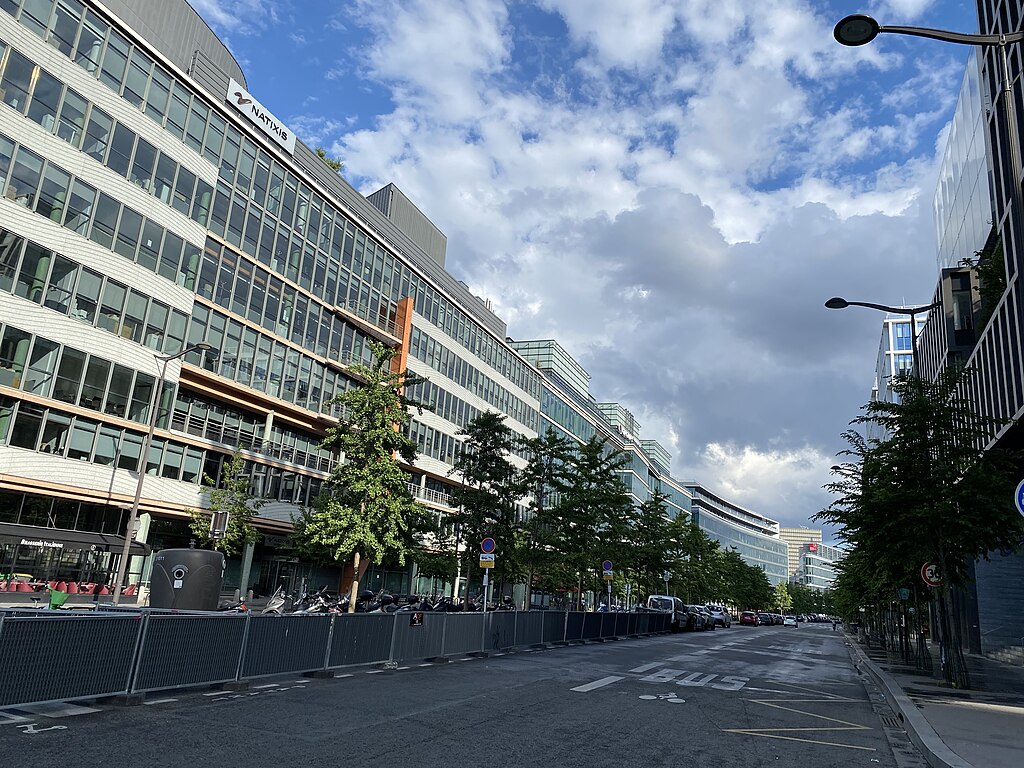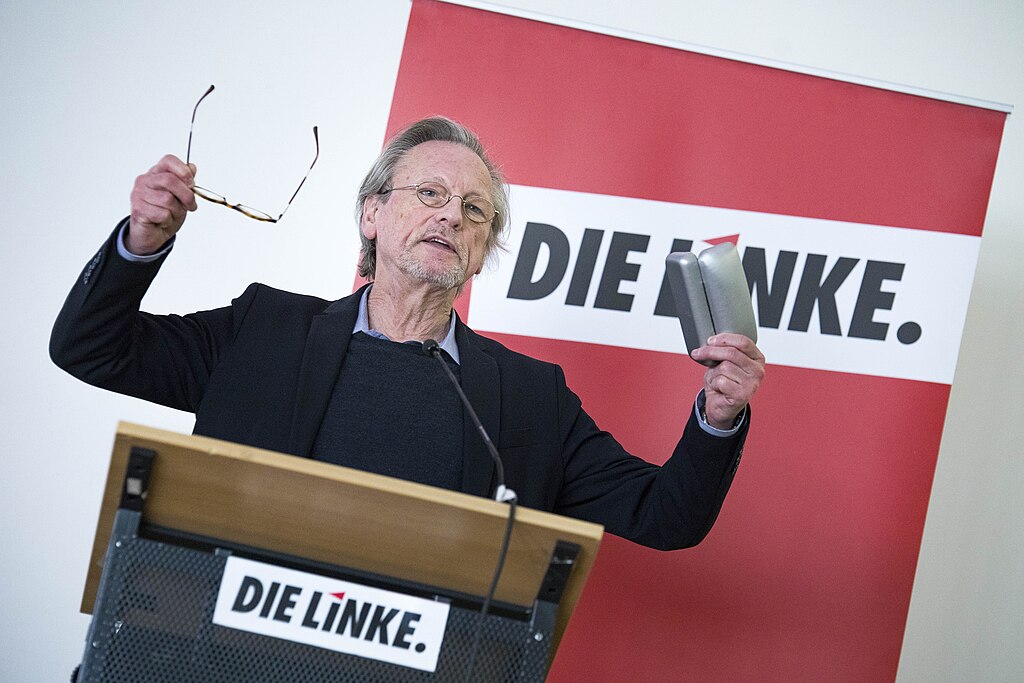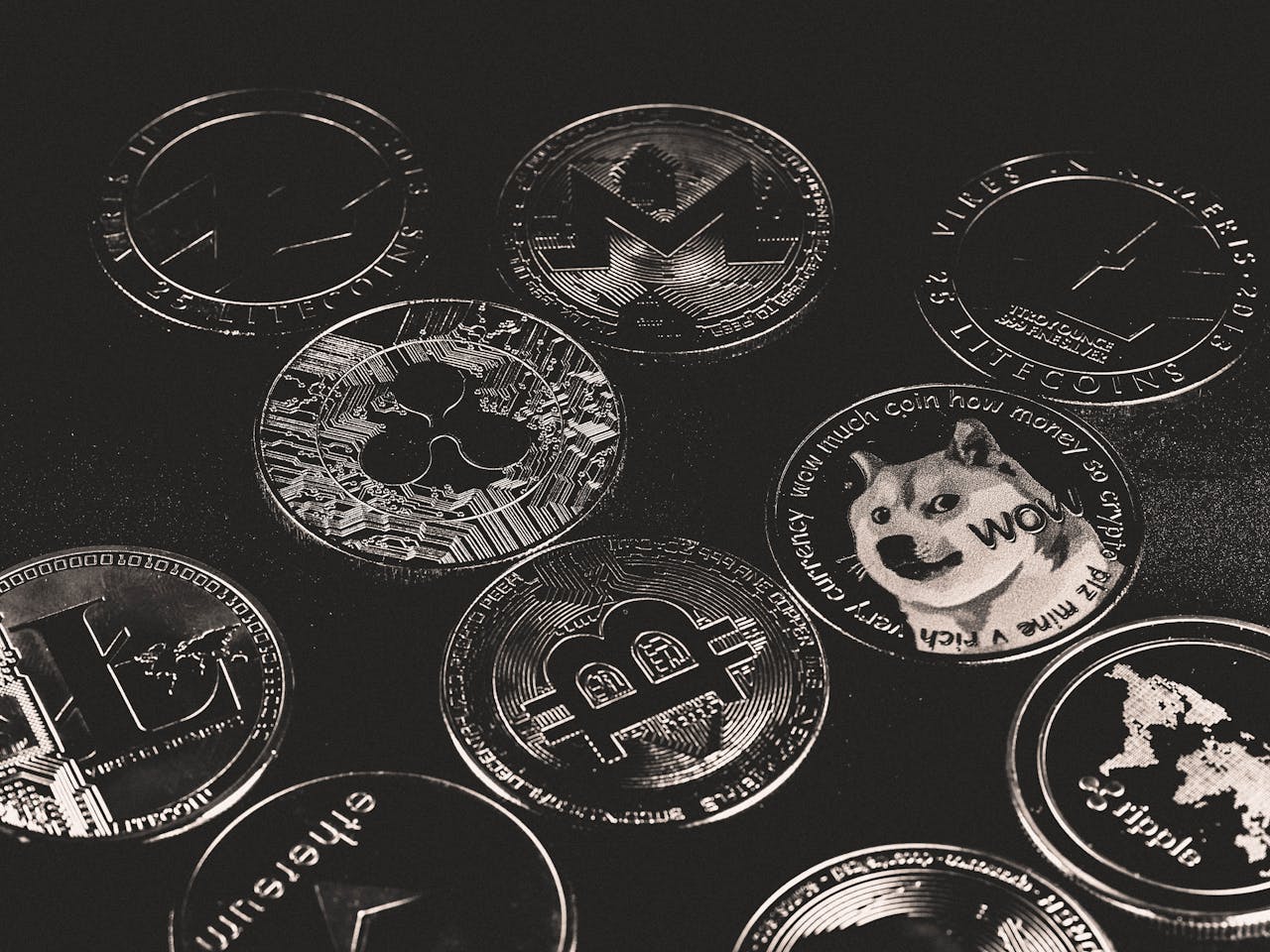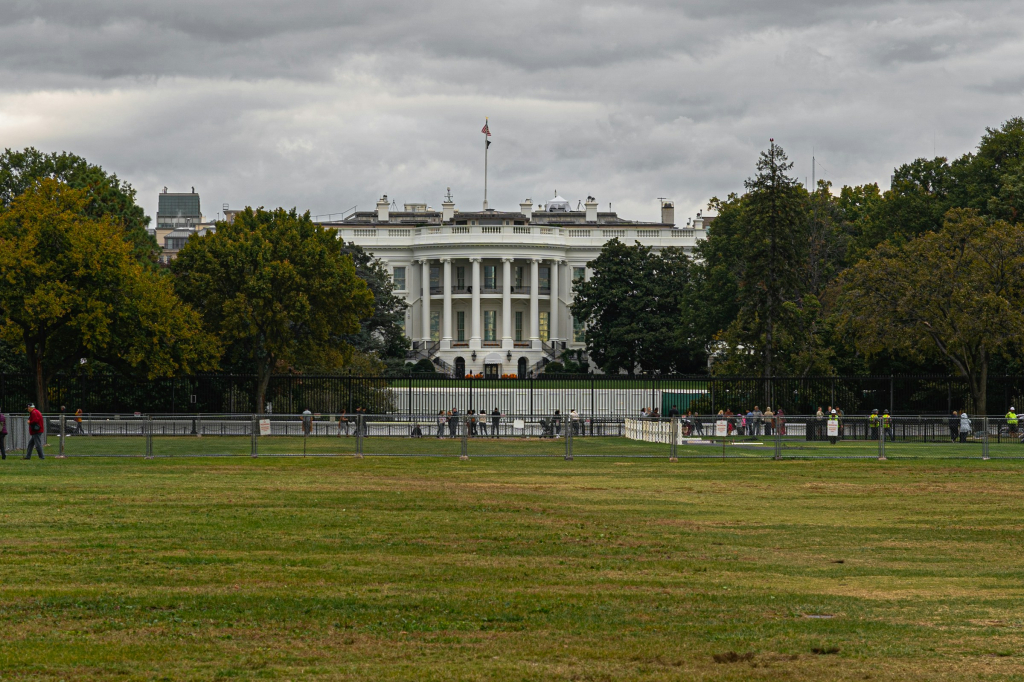British Columbia (BC) is taking a firm stance against cryptocurrency mining by announcing a permanent ban on new crypto mining connections to the province’s electricity grid. The decision, part of a new Electricity Allocation Framework, aims to safeguard BC’s clean energy supply and prioritize power for industries that deliver greater economic and environmental value.
The move marks the transition of BC’s temporary restriction into a long-term policy, making it one of the first jurisdictions in North America to explicitly block crypto miners from accessing public hydroelectric power. While this change eliminates expansion opportunities for existing miners, it still allows traditional mining and other high-priority industries like natural gas and low-emission LNG to operate.
“Our new allocation framework will prioritize vital growth in sectors like mining, natural gas, and lowest-emission LNG, while ensuring our clean energy benefits British Columbians,” said Adrian Dix, BC’s Minister of Energy and Climate Solutions.
The legislation, though not yet enacted, is expected to pass, effectively pushing crypto miners to seek alternative power sources or relocate to other provinces and countries. Across Canada, regions known for cheap hydroelectric energy—such as Quebec, Manitoba, and New Brunswick—have introduced similar restrictions to protect their renewable resources.
As a result, miners are now exploring off-grid solutions, including partnerships with private power producers or operations in provinces like Alberta, where fossil fuel resources can be utilized. Alberta’s surplus natural gas offers miners a cost-effective and environmentally adaptive solution, converting flared or vented gas into usable electricity while reducing methane emissions.
This landmark policy cements British Columbia’s leadership in sustainable energy governance, signaling a shift in how jurisdictions balance clean power priorities with the growing demands of the digital economy.


























Comment 0